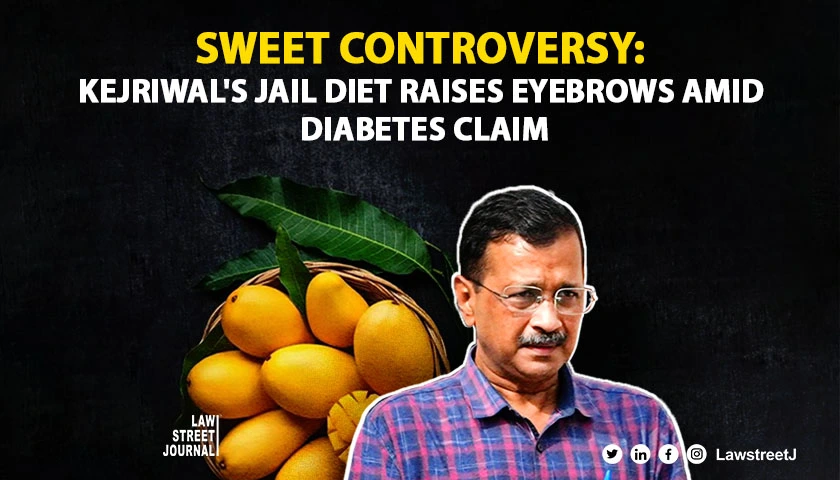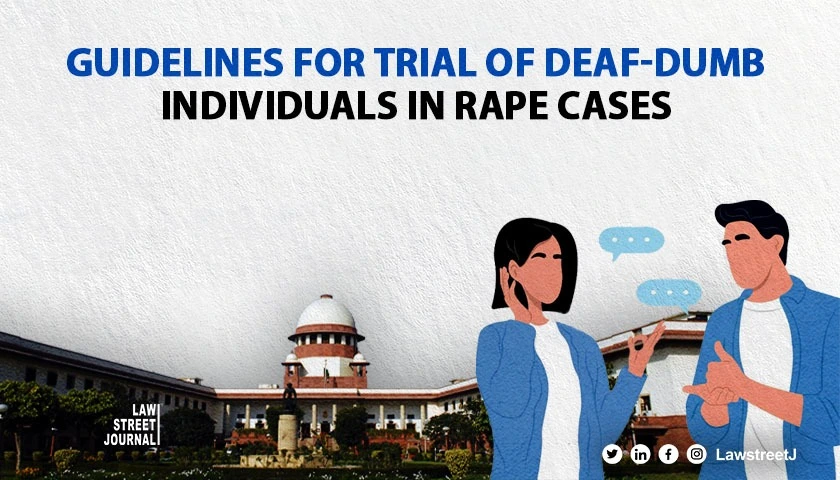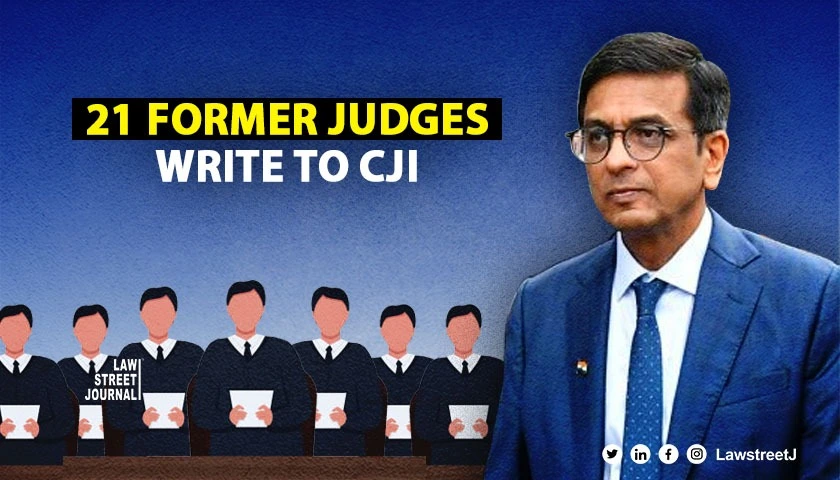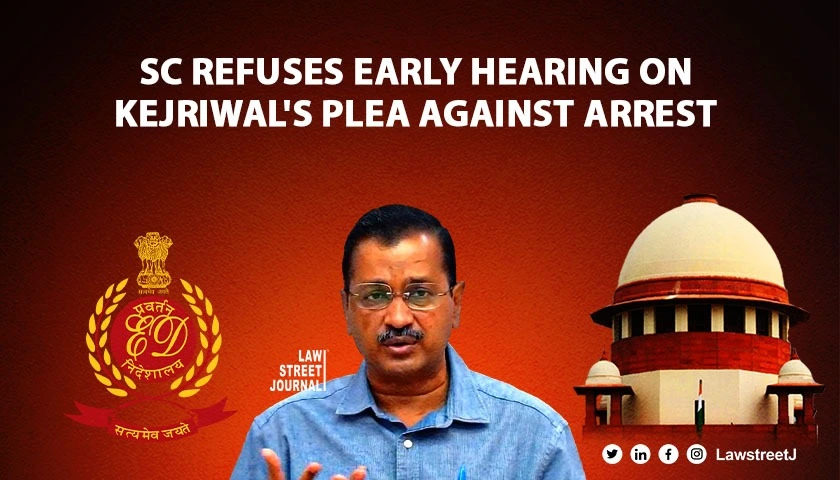WHO says good nutrition and safe food is crucial for health, particularly in times when the immune system might need to fight back in COVID times. Unfortunately, the Food Safety and Standards Authority of India (FSSAI) is not keen to help the citizens. FSSAI is not sharing the outcome of their inspections and laboratory reports with the public on adulterated and unsafe food which is not only mandatory but safe food is also a fundamental right to the citizens to protect their health and life under Article 21.
By hiding the facts FSSAI is putting the health and life of citizens at risk. At the same time, this system is encouraging spurious and unsafe product suppliers to continue their criminal act and profiteering at the cost of public health. In the public interest, the author demands that FSSAI must disclose the name, brand and batch number on a weekly basis at its website and share the link to the public via newspapers and social media. This is the practice in all civilized nations.
Why FSSAI is hiding criminals by not disclosing their name must be investigated by CBI and other agencies. This is also encouraging corruption by field staff and in food testing laboratories in the food sector. This lack of transparency in FSSAI is encouraging corruption in food inspection and testing is also discouraging investments by honest players in the food processing sector. Adulteration in food also reduces farmers’ income. This lack of transparency in FSSAI is also hurting India’s image globally and food exports are suffering.
Food safety issue ‘neglected’ in India says Parliamentary Panel
FSSAI is forcing consumers to buy unsafe foods by not disclosing the name of the companies, brands and back numbers. This is grave negligence on behalf of the regulator itself. Around the world, regulars share this information with citizens so that they avoid buying unsafe foods.
The latest report of the Standing Committee on Food and Consumer Affairs (2020-21) of 17th Lok Sabha very clearly highlights that since 2016-17, more than 111,527 food samples were found unsafe, adulterated and substandard and more than 8300 were convicted for putting public health at risk. The consumers may be vulnerable sections of the society like infants, pregnant ladies, senior citizens.
According to the following table, it is clear that the regulator has all the information which can save public health but is not keen to share it with the public. What is the motive in hiding the facts with citizens of India? Whose interests regulator is protecting? Why is FSSAI not keen to disclose the names of the criminals selling unsafe food to citizens? Why FSSAI is kee that consumers should buy unsafe, substandard and adulterated foods?
Considering the scale of unsafe and adulterated food items flooded in the market, it is an urgent issue and the Prime Minister’s Office, Ministry of Health, Members of Parliament, Citizens and media must ask FSSAI to disclose the information as soon as FSSAI laboratories report to the FSSAI management about unsafe and adulterated products are detected to consumers so that people avoid the purchase of these products and public health can be protected.
Why are citizens forced to consume unsafe foods by the regulator?
In place of disclosing the names of the company and brands of the products, FSSAI is hiding these criminals which are against the provisions of the FSSAI Act itself.
At the same time, no officer is punished for negligence and putting public health at risk by not sharing information about risky products. Risk. This is the mockery of the regulatory system in the country by the regulatory body itself.
Limited access to safe and good foods may compromise opportunities to continue eating a healthy and varied diet. It can also potentially lead to increased consumption of unhealthy and adulterated highly refined processed foods also called junk food, which tend to be high in fats, sugars and salt. Nonetheless, even with few and limited ingredients, one can continue eating a diet that supports good health. A protein-rich diet is recommended to build body immunity against COVID-19 infection.
Parliamentary Committee Panel advice ignored by FSSAI management
A Parliamentary Panel under the Chairmanship of Prof. Ram Gopal Yadav, Member of Parliament, had asked the health department to take necessary measures to arrest the underutilisation of funds by the country’s food safety regulator FSSAI and ensure the strengthening of the food testing system in a time-bound manner. Underutilisation of budgeted funds indicates “negligence” in this area and “poor” financial planning on the part of the authorities concerned, the committee said.
It said the safety and standardisation of food is a “neglected” area in India and the health department, under which the Food Safety and Standards Authority of India (FSSAI) falls, needs to focus more on this field. Emphasiseing the need for ample provisioning of mobile food testing labs, the parliamentary committee has also recommended that the results of all food items being tested should be advertised in newspapers and social media to make people aware.
This is the most important suggestion but FSSAi never followed the advice of the Parliamentary committee. It is vital that consumers should know the quality of food they are buying. Hiding the information from consumers means forcing them to buy unsafe and adulterated food.
FSSAI management failed in their statutory duty and also ignoring the advice of the Parliament itself:
According to the FSSAI Act Section (3)(zp) clearly defined that risk communication means the interactive exchange of information and opinions throughout the risk analysis process concerning risks, risk-related factors and risk perceptions, among risk assessors, risk managers, consumers, industry, the academic community and other interested parties, including the explanation of risk assessment findings and the basis of risk management decisions. FSSAI has failed in fulfilling its statutory responsibility.
Section 16 on Duties and functions of Food Authority in sub-section (6) clearly highlights that information must be made public, if circumstances so require, in order to protect public health.
The parliamentary committee emphasised the need for ample provisioning of mobile food testing labs which, the committee said, would go a long way in ensuring awareness regarding precautionary measures so that diseases spreading through contaminated and sub-standard food are minimised. Enough funds were given to FSSAI and a large number of samples were tested, but the results were never disclosed to the public. Why is FSSAI hiding information about criminals from citizens and playing with public health? Who is preventing transparency in the system and playing with public health should be investigated?
European Food Safety Authority has a Rapid Alert System for its consumers
The EU has one of the highest food safety standards in the world – largely thanks to the solid set of EU legislation in place, which ensures that food is safe for consumers. A key tool to ensure the flow of information to enable swift reaction when risks to public health are detected in the food chain is RASFF – the Rapid Alert System for Food and Feed. This system is an online system any person in the world can access the information round the clock from anywhere in the world and many food safety risks had been averted before they could have been harmful to European consumers. because they care for their citizens.
EU-RASFF Consumers' Portal
The RASFF consumers' portal has been available for consumers to use since June 2014. The portal provides the latest information on food recalls and public health warnings in all EU countries. The European Commission created the RASFF database to keep its information as transparent as possible to the consumers, business operators and authorities around the world. Why FSSAI cannot share the same with the people of India?
Food Safety Risk Communication in the USA:
FDA has prepared this information in an effort to provide the public with information on products that have been found to appear in violation of the Act.
The Food, Drug, and Cosmetic Act (the Act) authorizes FDA to detain a regulated product that appears to be out of compliance with the Act. The FDA district office will then issue a "Notice of FDA Action" specifying the nature of the violation to the owner or consignee. The owner or consignee is entitled to an informal hearing in order to provide testimony regarding the admissibility of the product. If the owner fails to submit evidence that the product is in compliance or fails to submit a plan to bring the product into compliance, FDA will issue another "Notice of FDA Action" refusing admission to the product. The product then has to be exported or destroyed within 90 days.
The following information is displayed on the website by US-FDA. Why FSSAI cannot do the same under Digital India Mission?
- MANUFACTURER FEI - An identifier assigned internally by FDA for each firm/location.
- MANUFACTURER NAME - Identifies the name of the establishment declared as being responsible for the product refused.
- MANUFACTURER/ADDRESS/CITY/PROVINCE-STATE/COUNTRY - Identifies the manufacturer's street address, city, province or state, and country/area.
- PRODUCT CODE - A unique identifier assigned to products regulated by FDA.
- FDA PRODUCT DESCRIPTION - The FDA's description of the product offered for entry.
- REFUSAL DATE - Identifies the date when the action was taken.
- FDA DISTRICT - Identifies FDA District Offices that have jurisdiction over the refused product.
- ENTRY NO. - A unique identifier assigned to each entry.
- DOCUMENT/LINE/SUFFIX - A unique identifier for the product within an entry. An entry may have one or more of these number/letter identifiers.
- FDA SAMPLE ANALYSIS - Yes or No flag indicating whether or not an FDA sample analysis was conducted.
- FDA RECORD OF PRIVATE LAB SAMPLE ANALYSIS - Yes or No flag indicating whether or not FDA records show receipt of private laboratory analysis results package.
- CHARGES - Identifies the reason for the agency actions. The specific reason for the refusal can be accessed by clicking the reason given in the IRR or by searching under the file titled "Violation Code Translations".
- Partial Refusal - If this is present on a listing, it means that there was a reconditioning action that resulted in a portion of the shipment being refused.
This whole information is shared with the public on the website. Why FSSAI cannot share the same with the people of India?
Opaque Management of FSSAI breeding Corruption
Indian citizens are forced to consume unsafe food products and forcing them sickness and at the same time, criminals supplying unsafe and adulterated foods to consumers made a profit at the cost of public health because of the careless and non-cooperative attitude of FSSAI management towards people of India. It is also a well-known fact that many FSSAI food safety officers, inspectors and analysts are using corrupt practices due to this opacity in the functioning of FSSAI. It will not be surprising if, like Mumbai police, field officers in FSSAI departments must be collecting money from restaurants, bars and food companies to hide their crimes under FSSAI Act.
WHO says good nutrition is crucial for health, particularly in times when the immune system might need to fight back during the Covid-19 crisis. FSSAI inaction is also making the fight against COVID-19 difficult because unsafe and adulterated food reduces body immunity against COVID-19 infection.
This matter should be investigated by CBI and other agencies. Parliament must ask why FSSAI management is ignoring the FSSAI Act and advisories of Parliamentary committees. Hiding the information about risky food products will only damage the public health of India and the mission to make India a food basket of the world will be difficult to achieve.
Considering the scale of unsafe and adulterated food items flooded in the market, it is an urgent issue Prime Minister’s Office, Ministry of Health, Members of Parliament, Citizens and media must ask FSSAI to disclose the information as soon as FSSAI laboratories report to the FSSAI management about unsafe and adulterated products are detected to consumers so that people avoid the purchase of these products and public health can be protected.
[Disclaimer: The views expressed are solely of the author and they do not purport to reflect the opinion or views of LawStreet Journal]





.webp)

